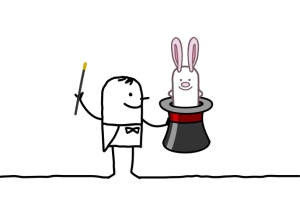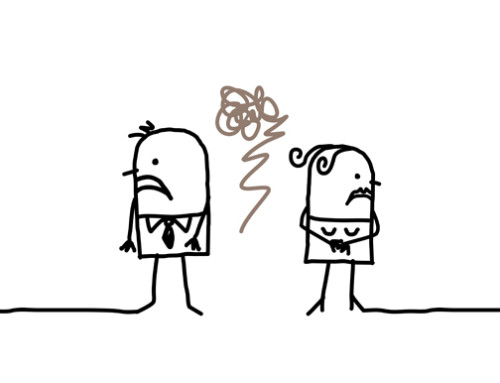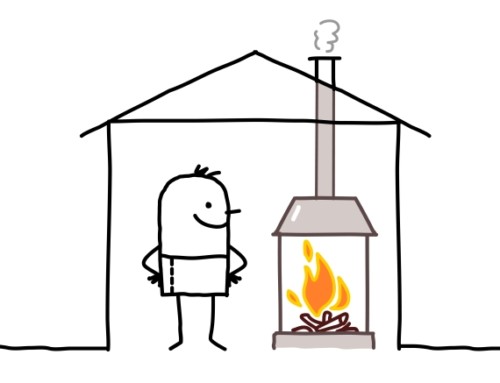In this article, I discuss how taking action when you don’t feel like it can bring you benefits.
In my work as a Calgary psychologist and a Cochrane psychologist, I often encounter clients who could benefit from taking action to improve their lives. For example, a client in depression counselling may benefit from engaging in pleasurable activities or a client who is lonely would help to address their issue by taking action to increase their social interactions.
A common barrier to clients taking action toward improvement is that they don’t feel like taking action at a given time, preferring to wait until they feel like taking action before doing so. Given that it may be some time before they do feel like taking action, this barrier can present a major challenge facing the client in addressing their issues.
A proven method of overcoming this obstacle is to take action even though you do not feel like doing so by employing the ‘fake it until you make it’ principle. A substantial body of research attests to the benefits of applying this principle. This research indicates that taking positive action when you don’t feel like doing so is one of the most effective means of feeling better and of achieving many other benefits. In the following sections, I will discuss several domains in which ‘fake it until you make it’ has been supported by research so that you can gain an understanding of how to use this principle to your benefit.
Fake it until you make it to improve your mood
One research study found that participants who held a pencil between their teeth were in a better mood while watching a film compared to participants watching the same film with a pencil between their lips. Why, you may ask, would the manner in which you hold a pencil in your mouth while watching a film affect the mood you experience while watching it? Holding a pencil between your teeth forces your facial muscles to form a smile while holding a pencil between your lips causes your facial muscles to form a frown. Participants’ moods were thereby guided by the actions they had taken—those who took action to smile began to feel better and those who took action to frown subsequently felt worse.
Many other studies support the lesson from this one: If you want to improve your mood, behave as if you are in a good mood.

Fake it until you make it to improve your relationships and social life
Another study had one group of participants perform a small favour for a person while a second group did not perform the favour. Those who performed the favour subsequently liked the person more than those who hadn’t performed the favour.
Many other studies support the lesson from this one: If you want to like someone more, start acting in a favourable manner toward that person and liking for them will ‘come along for the ride’.
Fake it until you make it to increase your commitment
In another study, one group of participants were required to work hard to be admitted to a group while the other group was given an easy initiation into the group. The group who worked harder to get into the group were subsequently found to value the group more and were more committed to it compared with the group who had undergone the easy initiation.
Many other studies support the lesson from this one: If you want to value and commit to the groups, work, relationships, activities and causes in your life, exert effort on behalf of these endeavours.
May you use the ‘fake it until you make it’ principle to enhance your life,
Dr. Pat






Leave A Comment